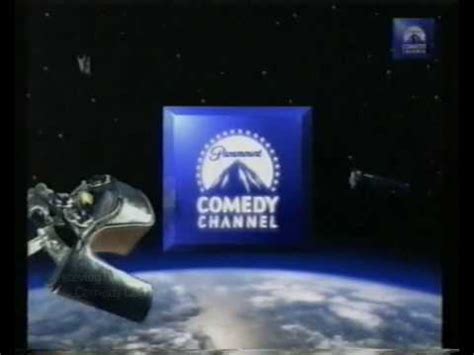Every once in a while, a major studio makes a decision that underscores the fragile nature of our digital archives. Paramount’s recent choice to erase 25 years’ worth of Comedy Central clips is just such an instance. This action is an alarming reminder of the impermanence of digital content. Hard drives might be cheap, but the accessibility of significant cultural artifacts should not be left to the whims of corporate strategy. This decision brings to the forefront crucial debates on the ownership and preservation of digital media, and could have far-reaching implications for how we safeguard our digital heritage.
The overwhelming sentiment among internet communities reflects dismay and mistrust over such actions. For instance, the wisdom from one commenter suggests that ‘downloading the things you love. Hard drives are cheap.’ It seems simple: if content holds personal or historical value, preserving it digitally at home could be a failsafe. However, real-world scenarios suggest that grassroots archivism is fraught with complexity. The challenge lies in making this act of preservation consistent and reliable, given the inherent fragility of HDDs and the potential for RAID failures as explained by another user. Here lies the paradox of digital content: it’s both resiliently reproducible yet alarmingly susceptible to deletion.
Several comments from various perspectives suggest there’s a deliberate hindrance against archival pursuits. The idea that wiping sites suddenly might be designed to preempt amateur archivists is not entirely unfounded. For some, it underscores the necessity for smarter, more ethical digital rights management. The case of TVEyes vs. Fox News is emblematic of these complexities. TVEyes, a service that records cable channels and allows for searchable clips, was dragged through a convoluted legal battle ending in the Supreme Court. Such cases illustrate the legal and moral landscapes digital archivists are navigating. With corporations looking to leverage every aspect of their content, down to effectively selling user data as speculated with PlutoTV, it becomes increasingly difficult to argue convincingly for open-access archiving.
However, as challenging as it might be, there’s a compelling argument for making more strategic investments in digital preservation. Comments from users highlight diverse methods for long-term archiving—from M-Discs designed to last a millennium to the nascent technology of 5D optical data storage which aims to etch data into quartz with laser precision. Still, it’s apparent that no single solution is fail-proof. The advent of blockchain discussed by users could introduce new paradigms for fair and transparent royalty systems. The integration of these technologies could democratize the archival process, potentially enabling even the smallest content owners to preserve and share their work sustainably.
Interestingly, this episode has also reignited the discourse on ethical digital piracy. The sentiment that ‘torrenting is a moral imperative’ has gathered both support and scrutiny. With the loss of valuable, culturally rich content, movements towards widespread seeding and decentralized sharing might become the underground preservationist’s refuge. But there’s a risk: reliance on these methods might embolden a laissez-faire attitude towards copyright enforcement, undermining more formal preservation efforts. True to the decentralized spirit of the web, some see this as a possibly positive, albeit contentious development—the Volunteers of the Napster era now transformed into the custodians of lost media.
To conclude, Paramount’s decision has acted as a catalyst, fostering a renewed understanding of the need for accessible and ethical digital preservation. In a world where streaming services rise and fall, and digital content can be erased with a few keystrokes, it falls on both tech developers and users to think critically about longevity. The balance lies in leveraging decentralized technology, proposing forward-thinking legislation, and embracing a new ethic of digital mindfulness. This way, future generations won’t just remember our media by the nostalgia of tumbleweeds but experience it fully as our most cherished cultural artefacts.


Leave a Reply